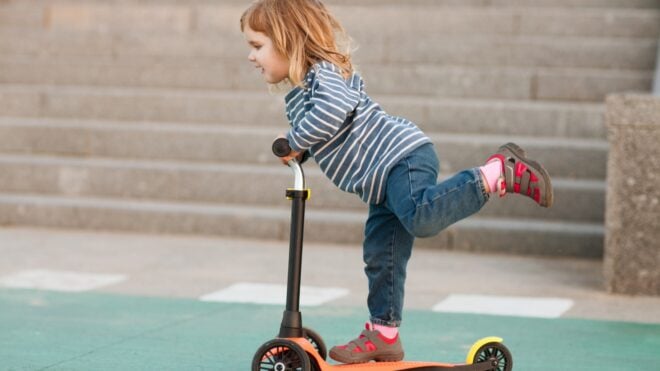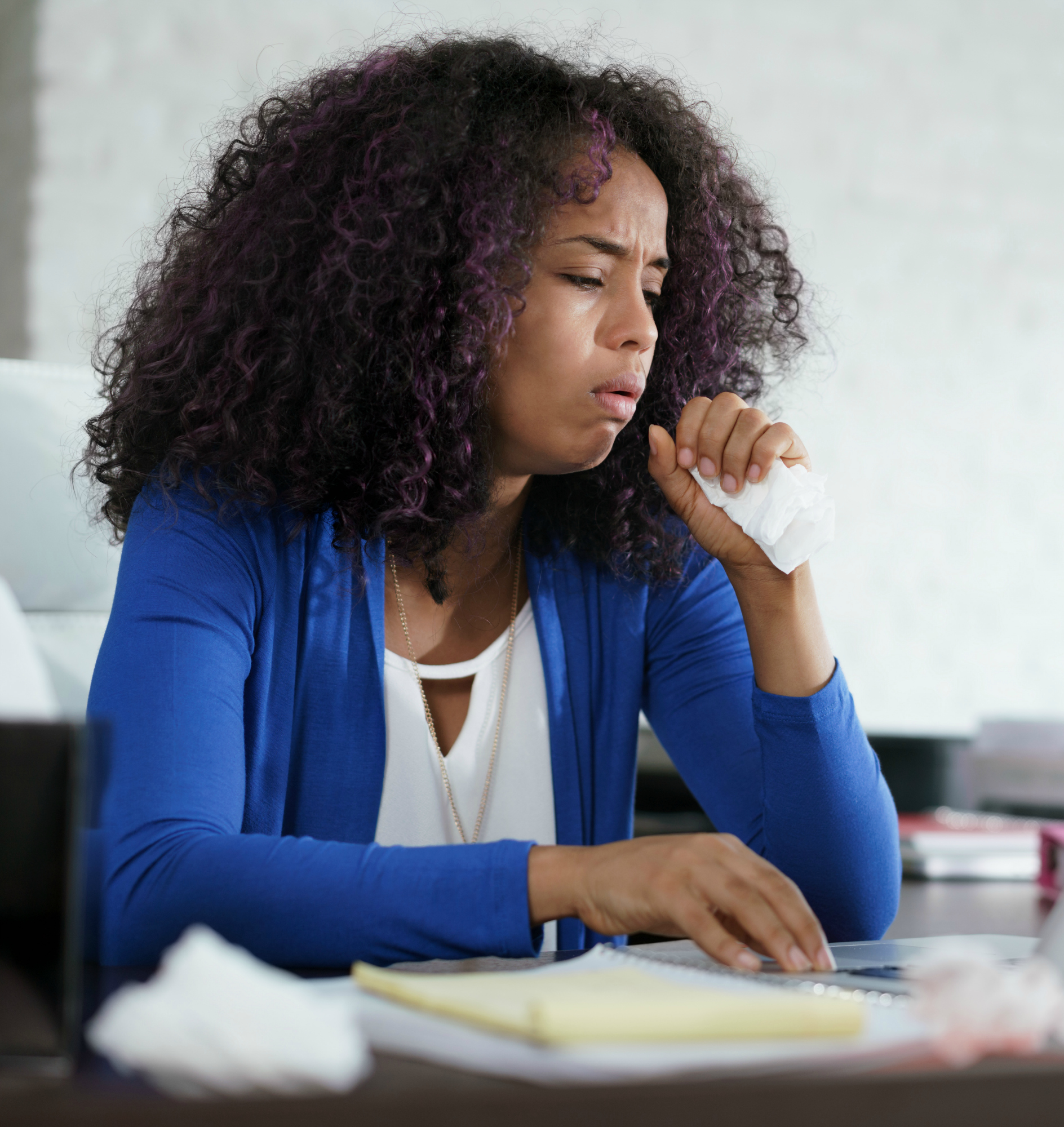
Confusion and Memory Loss

Getting enough quality sleep is one of the best ways to take care of your health. Most adults should be getting between seven and nine hours of uninterrupted sleep every night. There's a price to pay if you don't get enough. Here are 19 things that happen to your body when you're not sleeping well.
To start, you become forgetful. Memories are consolidated, and useless information is cleaned out while we sleep. If your brain doesn't have a chance to take care of business, you're left scratching your head or feeling confused.
Poor Concentration

Sleep deprivation leads to the inability to concentrate for more than just short periods of time. It slows your thought processes and leaves you easily distracted.
Mood Changes
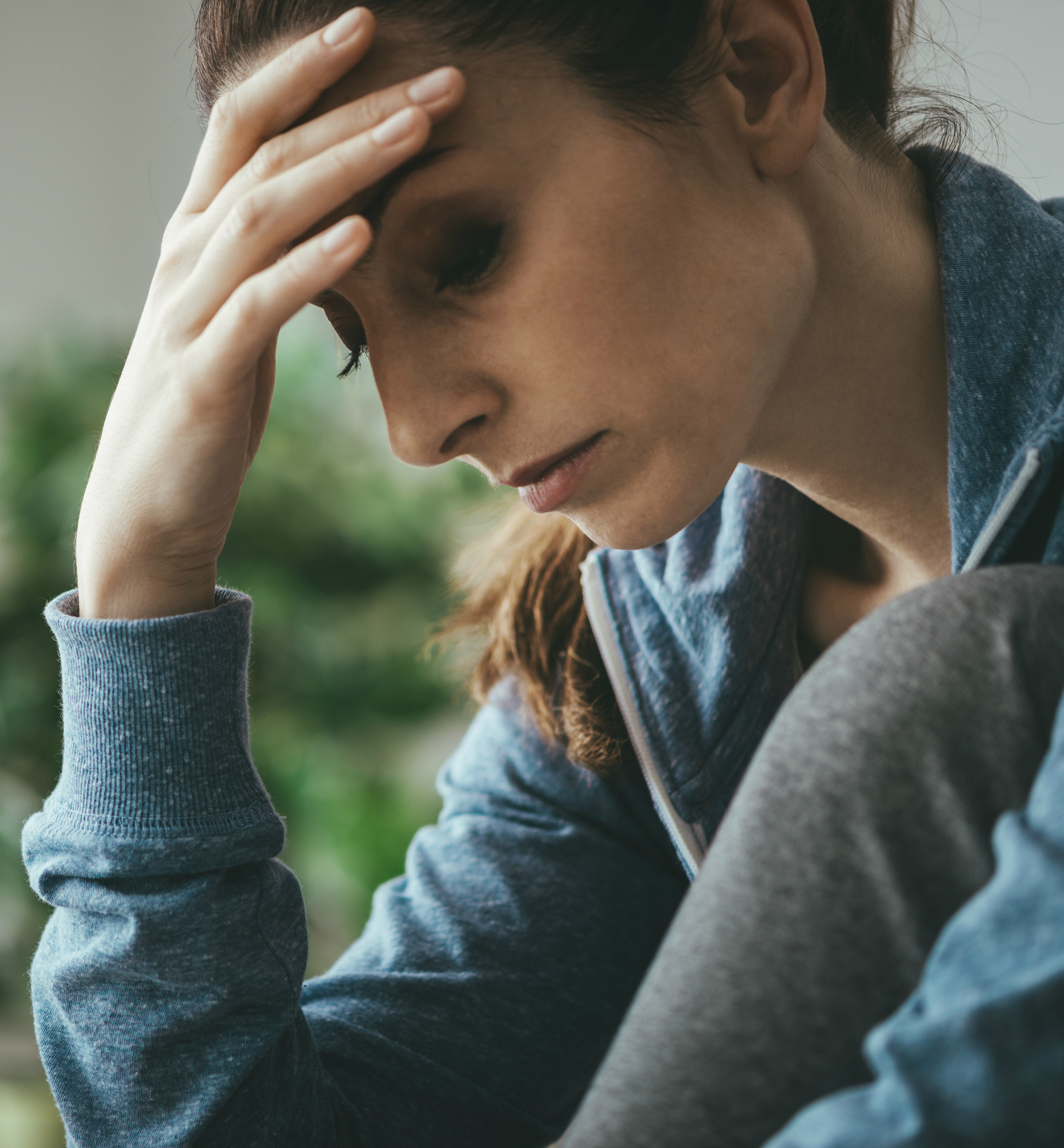
Clumsiness

Not sleeping well also affects your muscle memory—all those little things you do without thinking. Clumsiness is a symptom that you need more sleep. So, wipe up that spill, take a half-day off work, go home and get some rest.
Frequent Sickness

Poor sleep can also affect your immune system, and plenty of studies show that people who don't get enough solid sleep are more prone to getting sick. While you're sleeping, your immune system releases proteins called cytokines. These are what kick in when you're inflamed or are fighting an infection.
High Blood Pressure
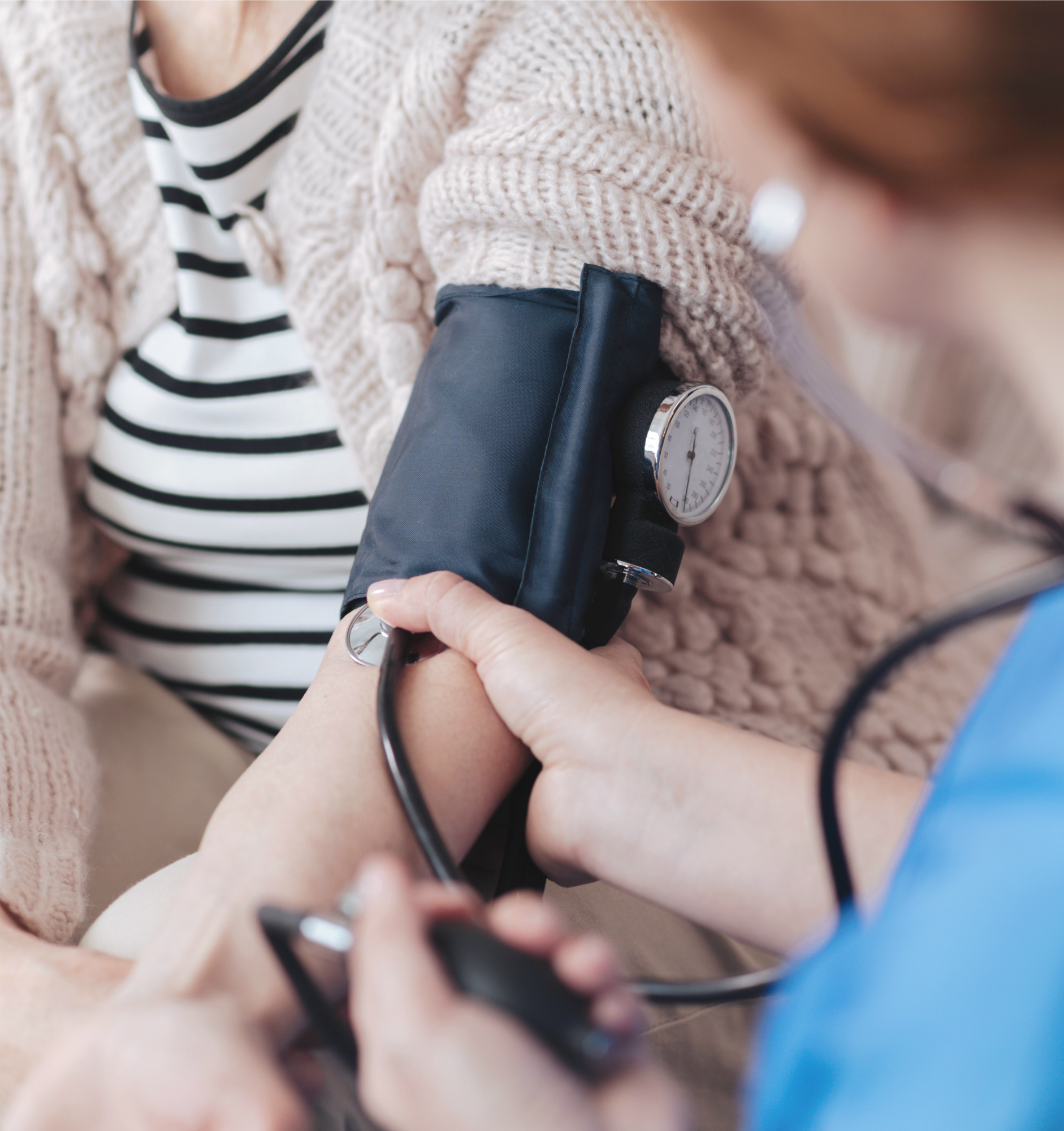
Health experts think there might be a connection between the amount of sleep you get and your risk for high blood pressure. The more you get, up to eight hours of quality sleep a night, the lower your risk is for developing high blood pressure. If you're getting five or fewer hours of sleep most nights, or if the sleep you're getting is fitful and interrupted, your risk goes up.
Diabetes
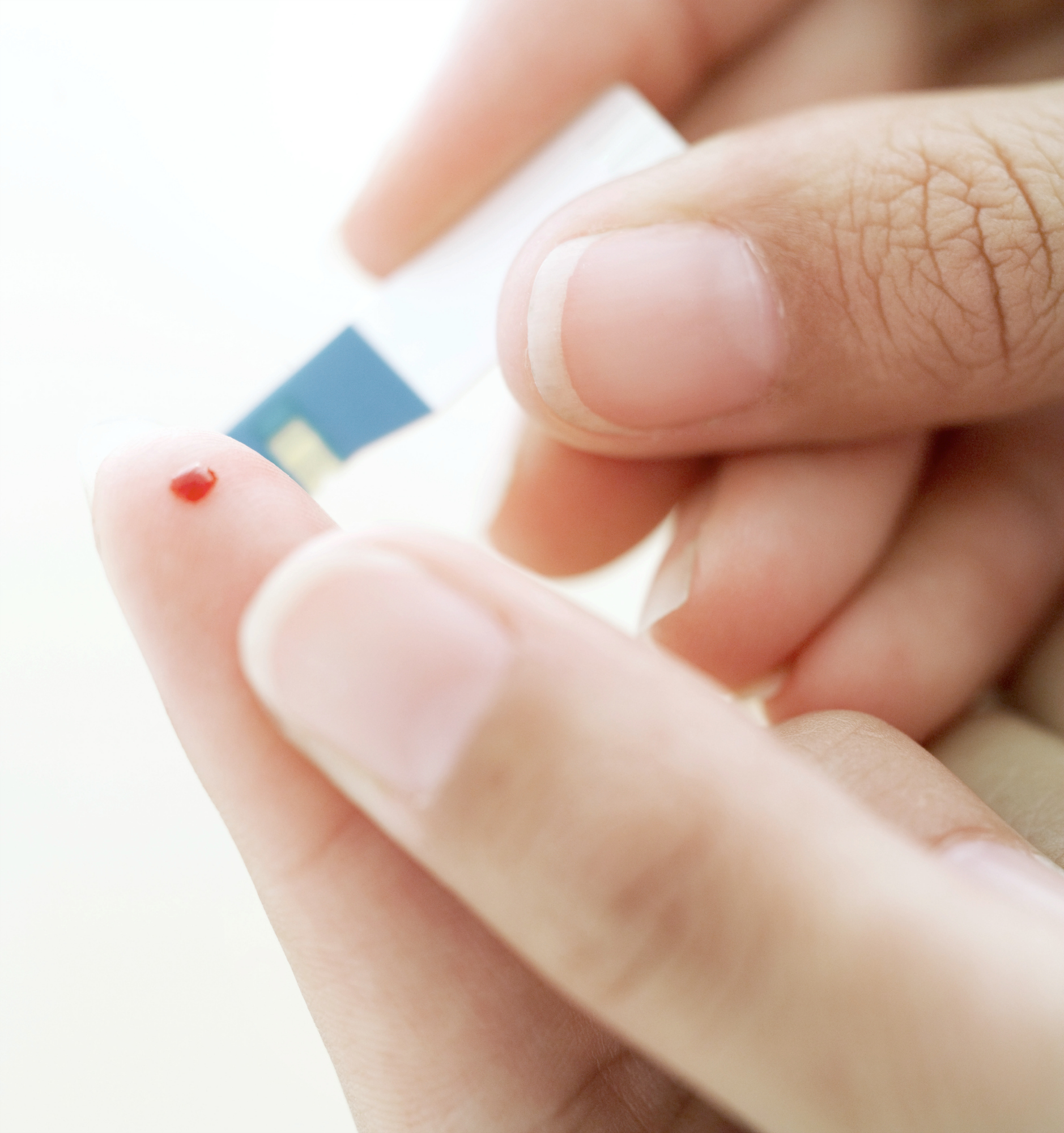
Sleep deprivation, too, is an overlooked risk factor for type 2 diabetes. This is also related to hormones. The less or worse you sleep, the more your body can't keep up and regulate hormone production.
Weight Gain
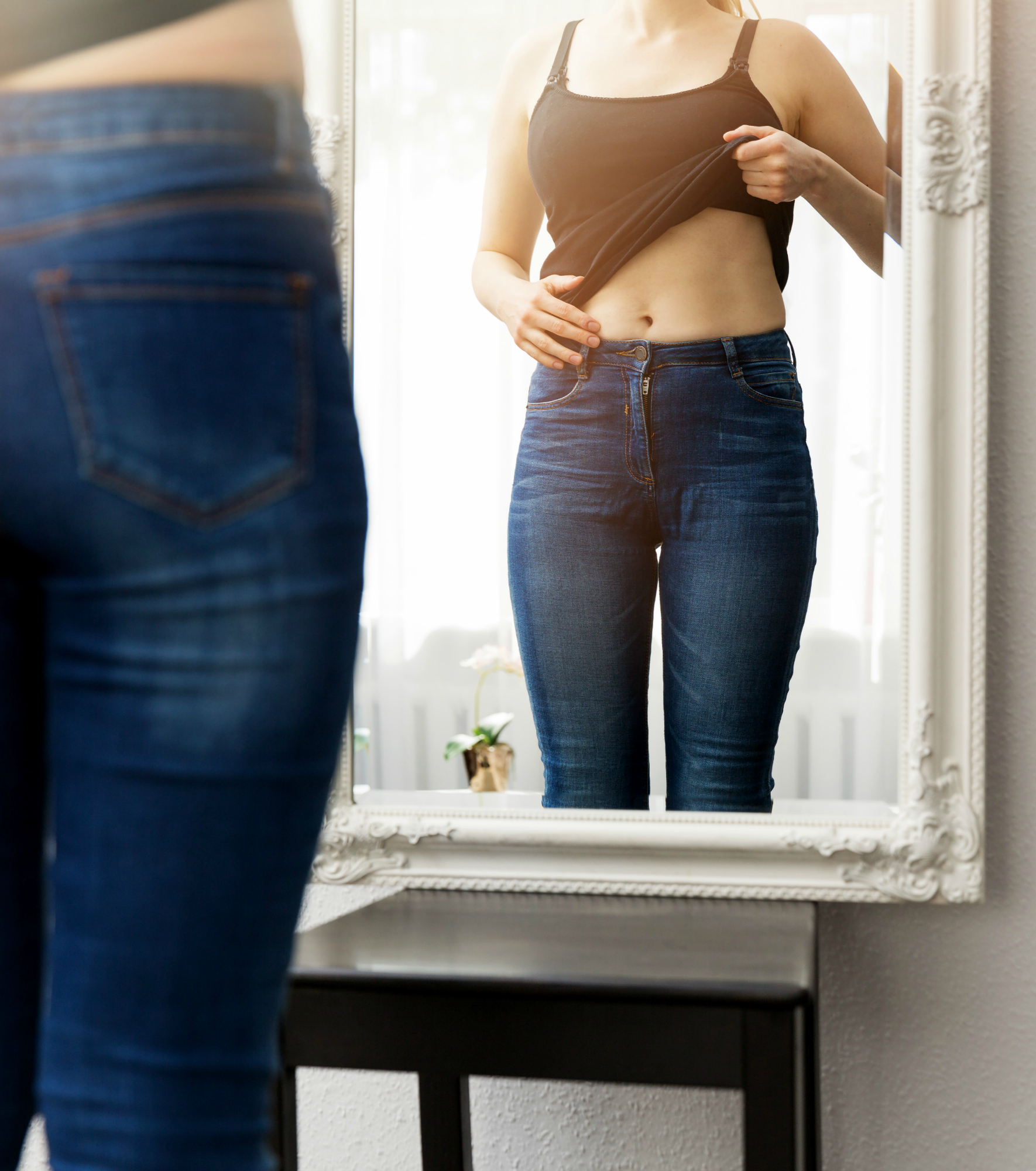
In addition to knocking your hormones out of whack, tired brains crave carbs and all the sweet things like crazy. Weight gain is a frequent side effect of not getting enough quality sleep. Coincidentally, exercise can have a positive effect on both.
Low Sex Drive

Men and women both suffer from lower sex drives if they aren't regularly getting enough sleep. Both bad sleep and lack of sex drive are often caused by stress, but here's the thing: Sex can help you sleep better. And being more rested can lower your stress. It's all tied together, and finding a way to get good sleep is key.
Heart Disease
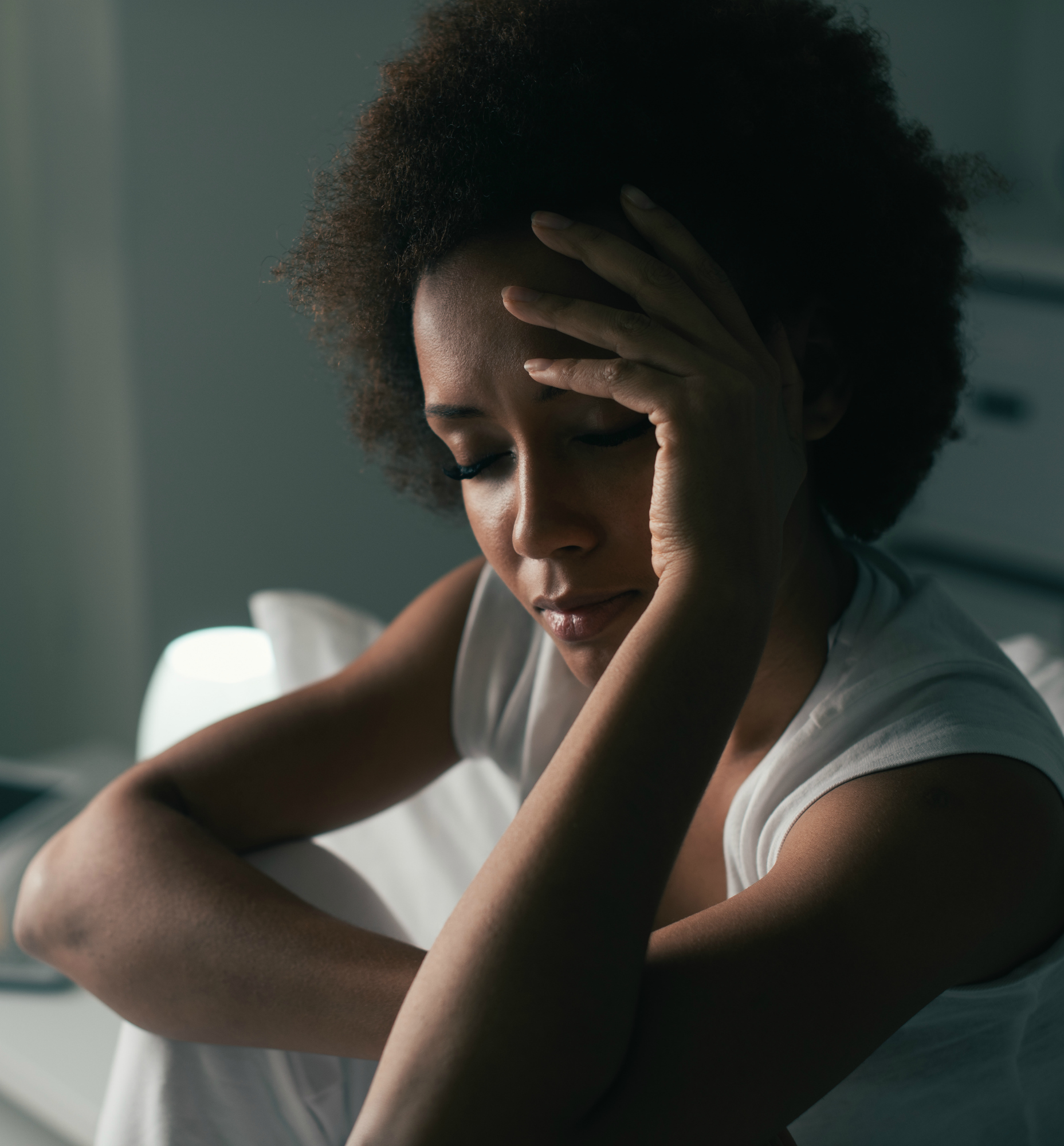
In a recent analysis of 15 medical studies, researchers found a connection between sleep and heart disease. The meta study, ranging over years, concluded that there is a 48 percent higher chance of developing coronary heart disease if subjects regularly did not get enough sleep.
Injuries
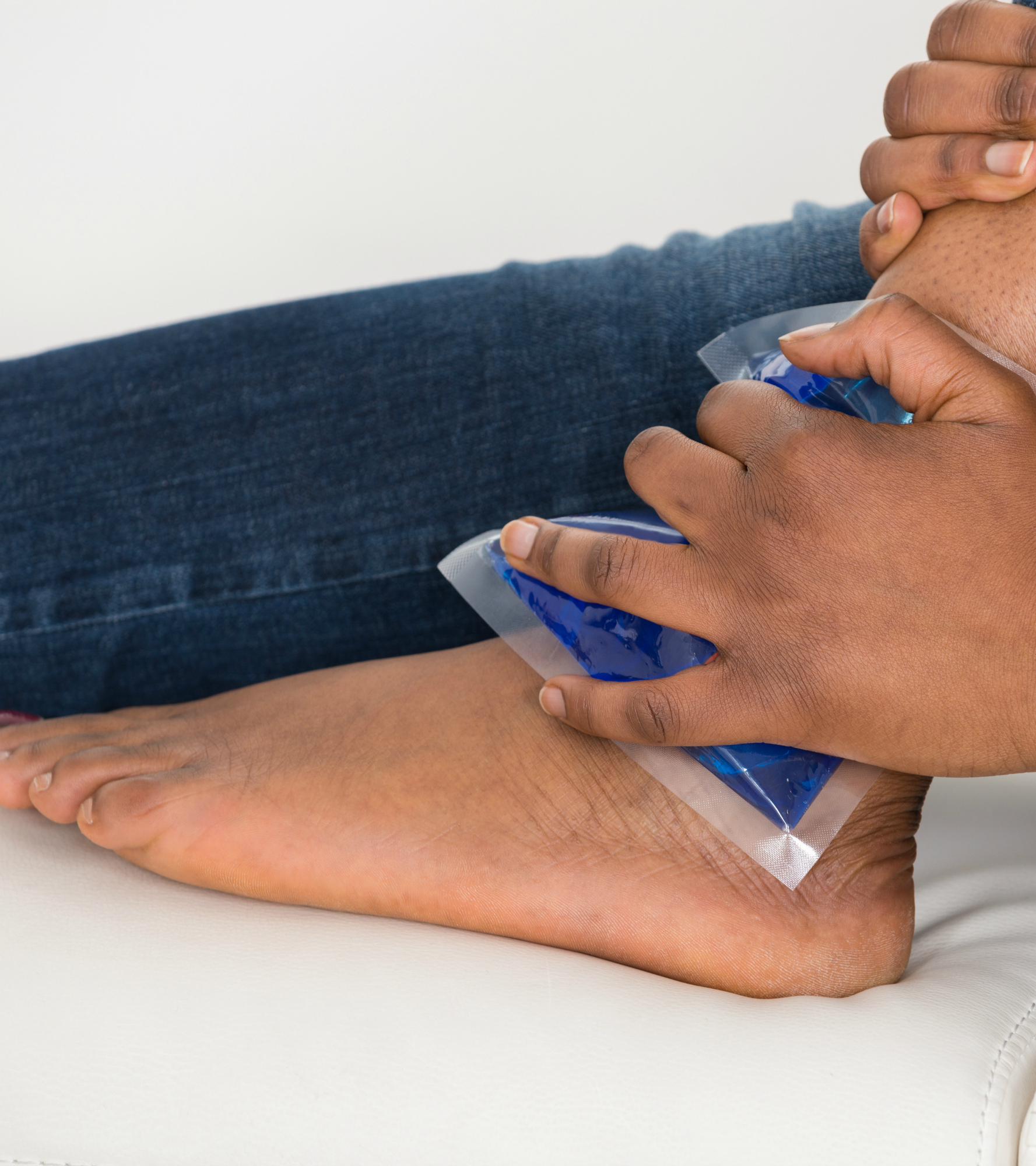
Adolescents who don't get enough good sleep put themselves at greater risk for injuring themselves while playing sports, according to recent studies. Student athletes who weren't getting eight hours of sleep most nights were 1.7 times more likely to injure themselves in sports practice than those who got at least eight or more hours of sleep. The lesser amounts of sleep were associated with 1.4 times more injuries with each grade increase.
Lower Athletic Performance

Athletic performance is also affected by bad sleep, and vigorous athletes should include seven to nine hours of sleep as a part of their regimen. Sleep is when the body repairs itself, and if your body doesn't get a chance to fully recover, you're at increased risk for injury and low performance. A Stanford University experiment found that increasing sleep actually helped athletes perform better.
Short Temper

If you're not sleeping well, you might not be as patient or as kind as you hope to be. Short tempers are a common side effect of bad sleep. If you've been snapping at people recently, do your workmates and family a favor, and get to bed early.
Higher Stroke Risk
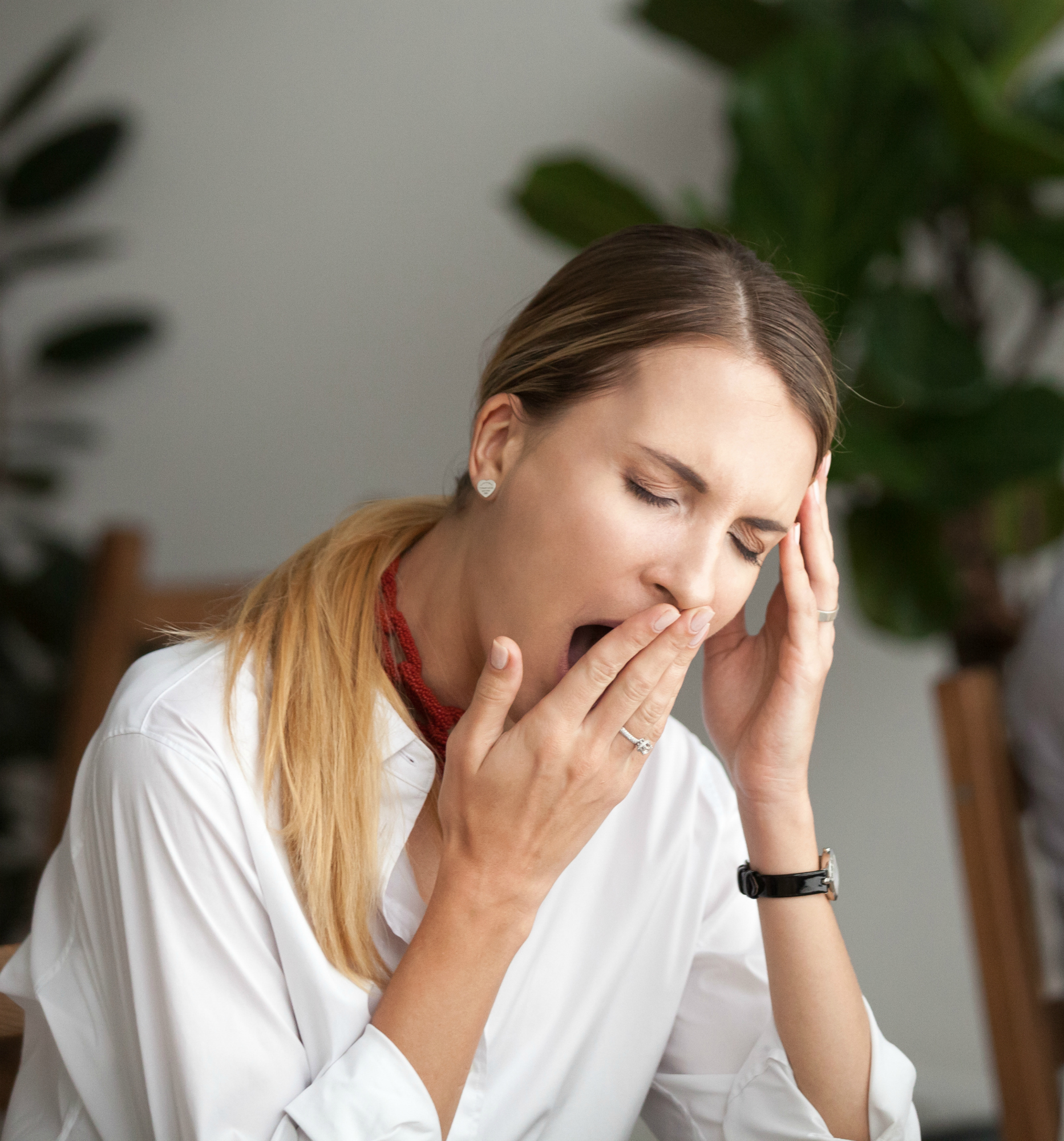
Sure, maybe you eat well and exercise, but if you're not getting enough sleep, you are nonetheless putting your health on the line, including increasing your risk for stroke. In a study from the University of Alabama, researchers found that people with few major stroke risk factors and who were at a normal weight were still more likely to show early signs of stroke if they weren't well-rested.
Infertility
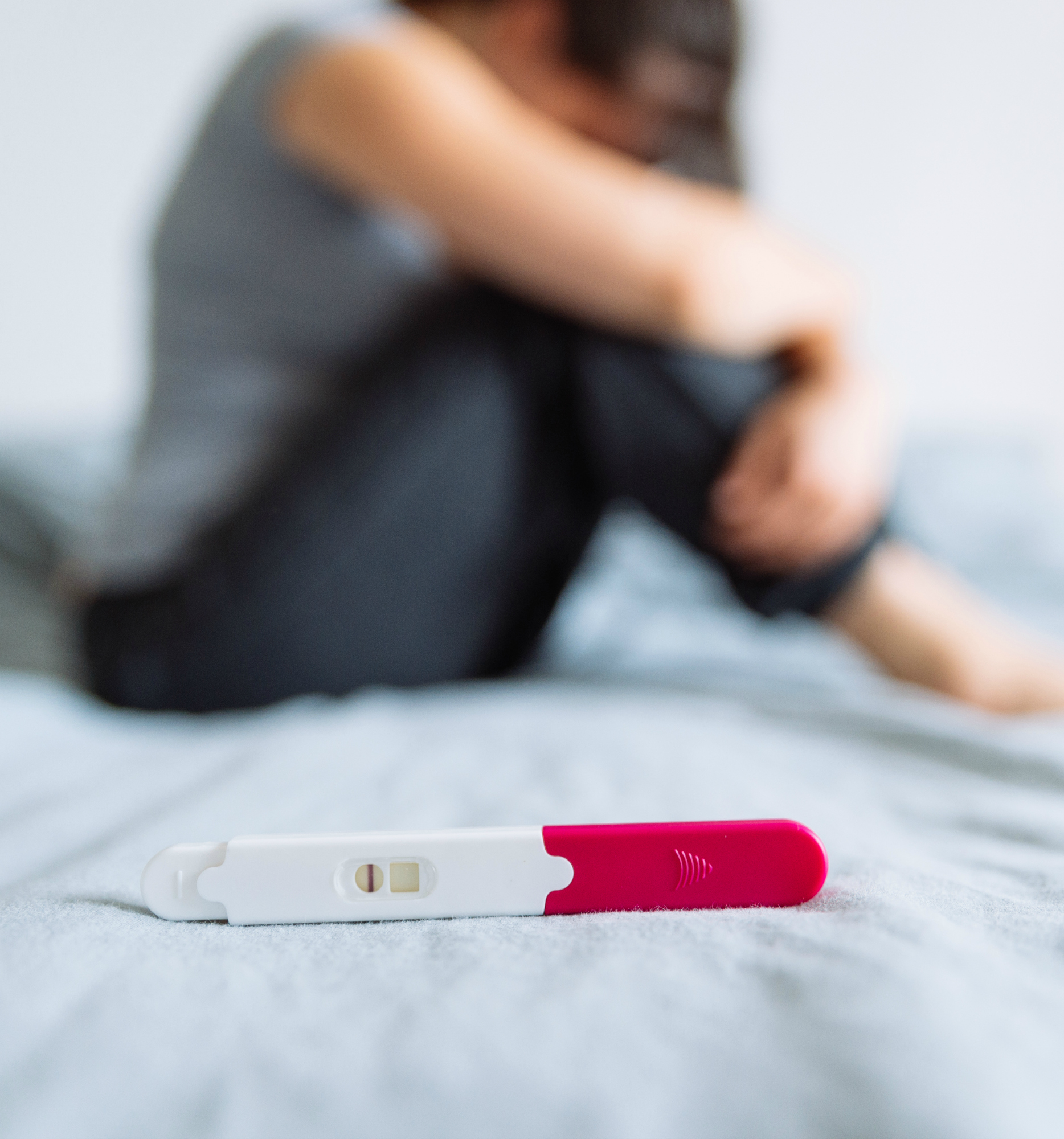
Sleep problems have also been tied to infertility problems in women. Women who had sleep issues other than sleep apnea were three times as likely to experience infertility. Though it's unclear how sleep and infertility are related, the study authors said it's important for women who are having trouble getting pregnant to make sure they are getting enough good sleep.
Dangerous Driving
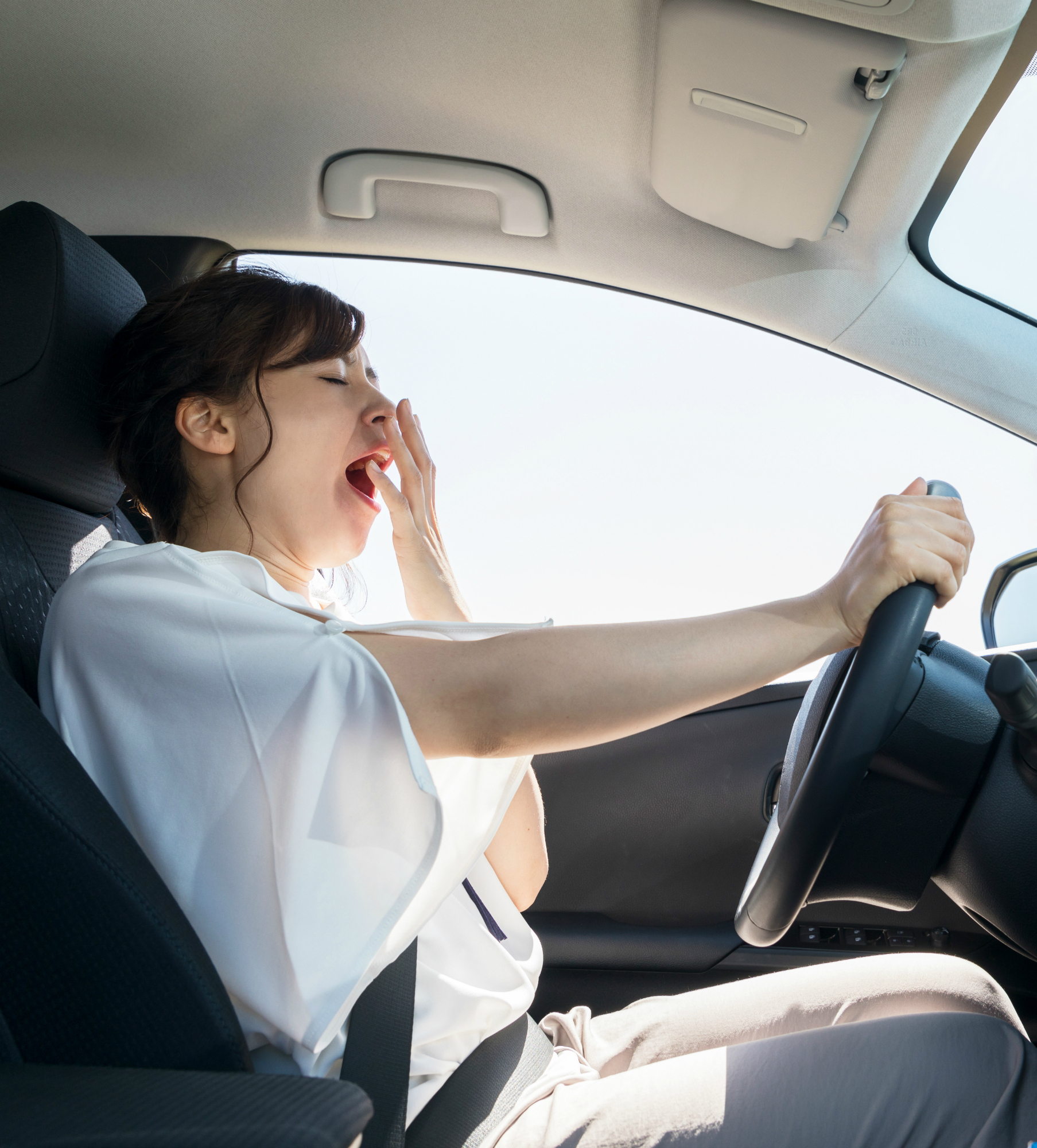
Just like driving while under the influence, driving while drowsy is dangerous. If you don't get enough quality sleep and get behind the wheel, you might not be able to concentrate and your reaction times are slowed. Drowsiness can also affect your decision-making while driving.
Under-Eye Bags
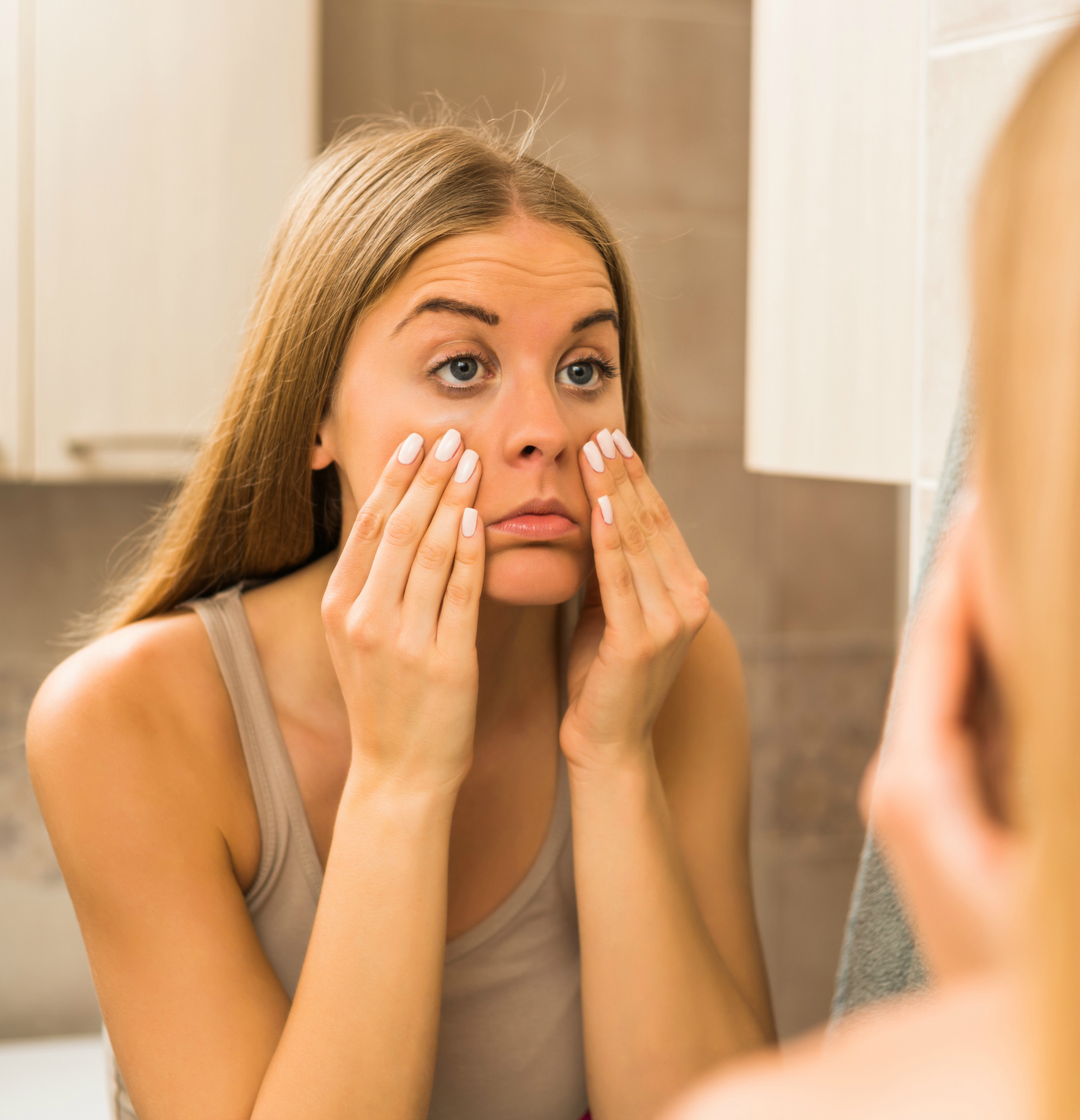
Lack of sleep is one of the biggest reasons people get bags underneath their eyes. The good news is that getting enough sleep can often reverse the effect. They don't call it "beauty rest" for nothing.
Dehydration and Breakouts
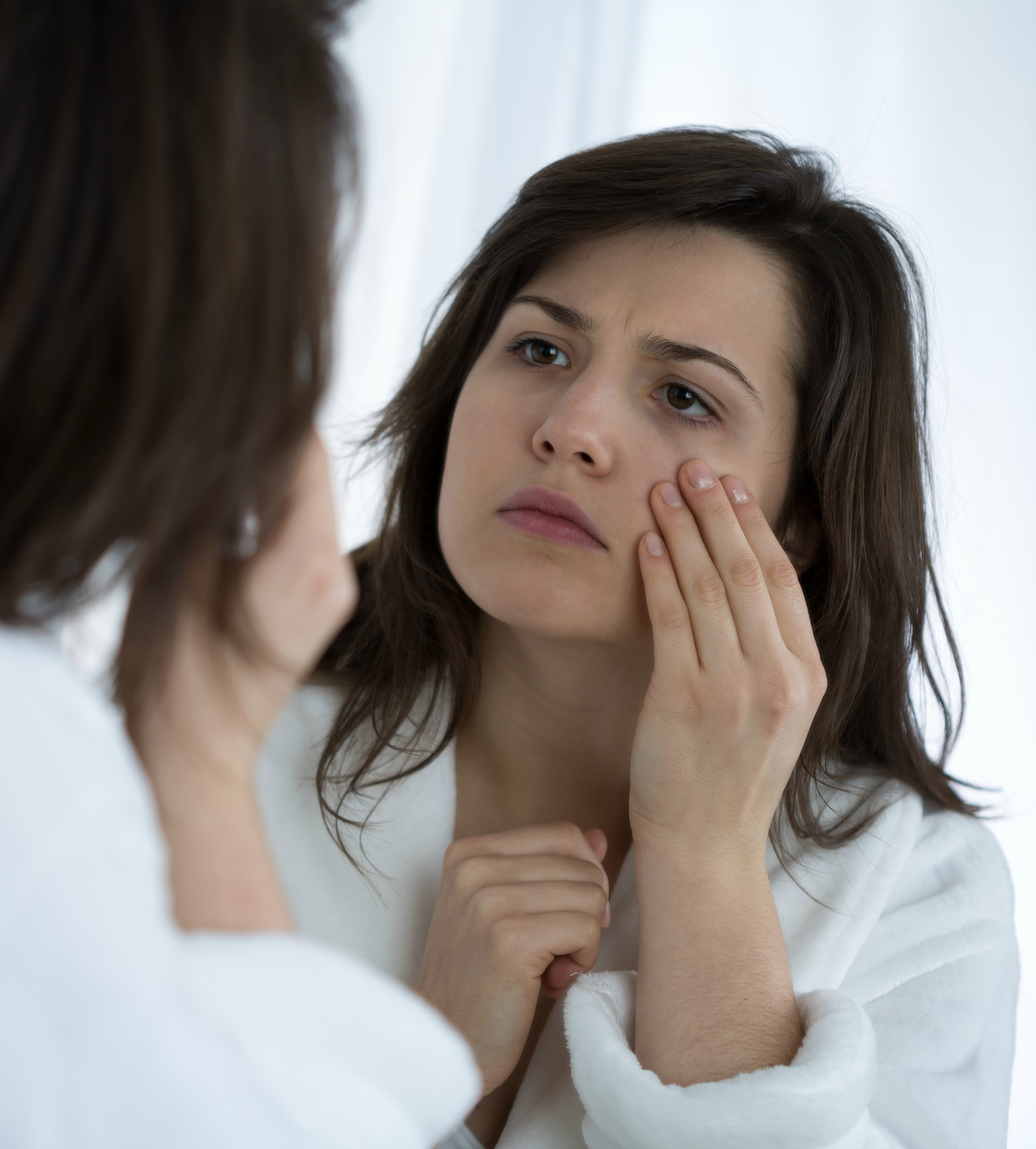
Not getting enough sleep affects the moisture levels of your skin as hormones that typically manage secretions are all messed up by the body not being able to rest enough. The lowered moisture levels lead to dehydration of the skin and that can lead to breakouts.
Under-Eye Circles
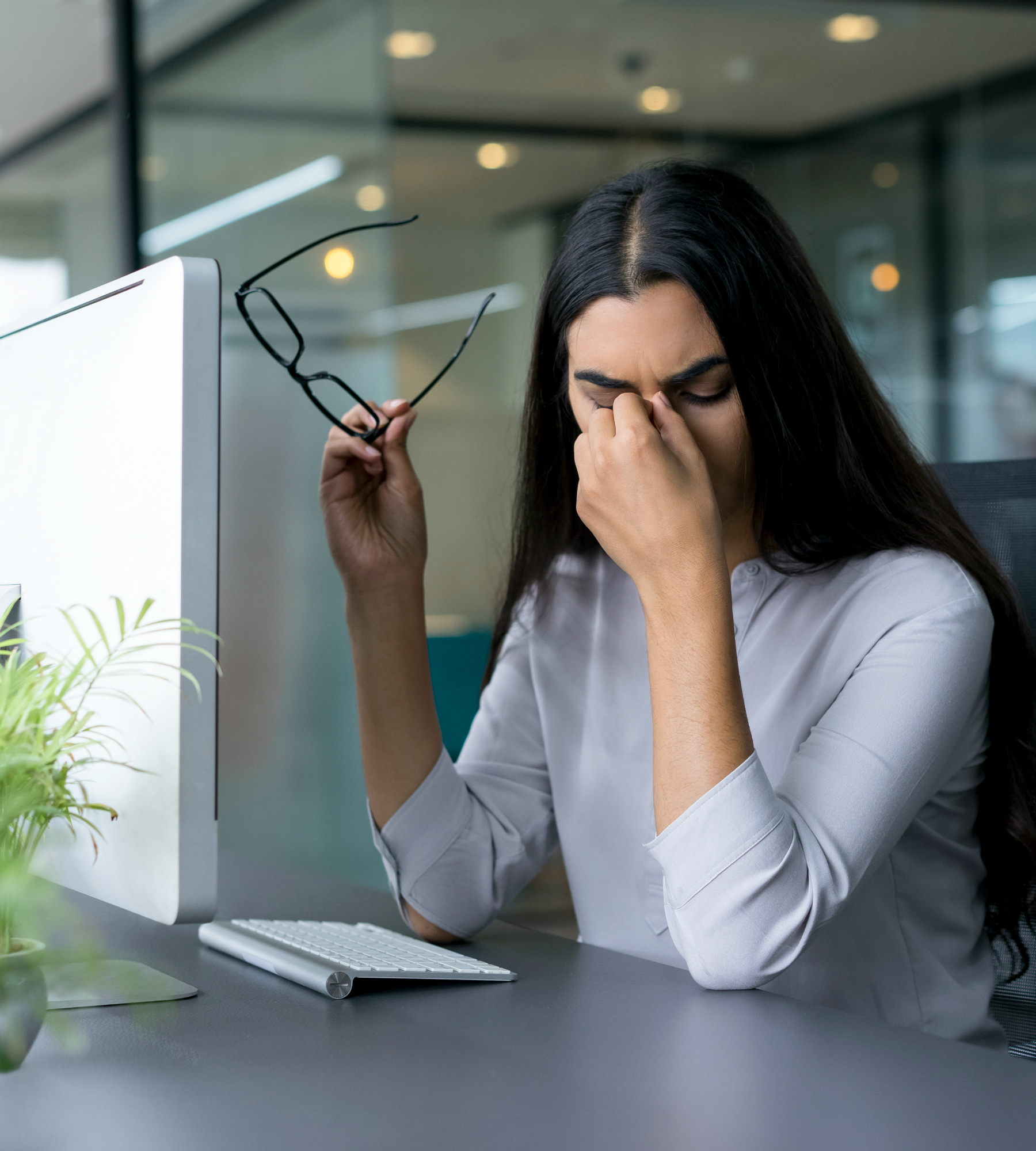
Dark under-eye circles are the result of the body deciding to pump deoxygenated blood through your face so it can have all the oxygenated blood for the brain, which needs it because it's still totally tired from not getting enough sleep. Skin under the eye is relatively transparent, so this differing oxygen level is most obvious underneath your sad, tired eyes.


